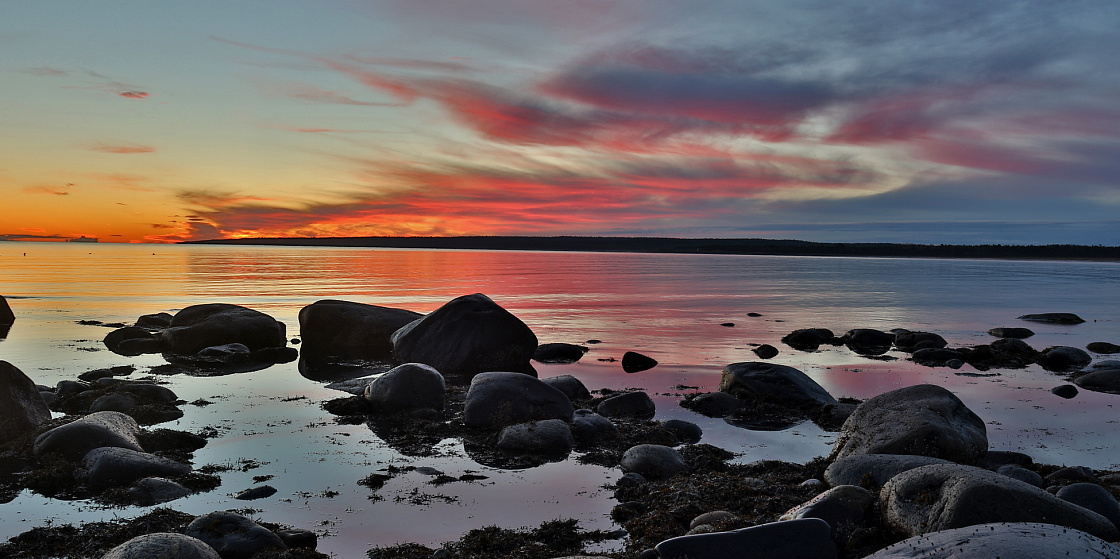
Photo: Elistratov Vadim/GeoPhoto.ru
Top Arctic stories of the week, 21 -- 25 February 2022
Below is a recap of this week’s posts by Alexander Stotskiy (CEO, Project Office for Arctic Development) analyzing major international, national and regional events and trends in the Arctic.
The Barents Region cooperation discussed in Kirkenes
The Fifteenth Kirkenes Conference was held in Norway to discuss cooperation in the Barents Region. Being an apolitical event, it focused primarily on the business and social aspects of development in the High North, including in border areas. Attended by delegates from Russia, Norway, Finland and Sweden, the Kirkenes Conference is yet another proof that the Arctic dialog should continue at all levels, including the interregional one. Read more…Two nuclear icebreakers have escorted a convoy through Northern Sea Route
Nuclear-powered icebreakers Arktika and Yamal have successfully taken a convoy of several low ice class vessels through the Northern Sea Route outside the usual navigation season. The convoy has traversed the Route from east to west in February -- for the first time in the history of the NSR navigation. In turn, this means that new Russian nuclear icebreakers are technically capable of making the Northern Sea Route navigable all year round in the near future. Read more…Work started to assemble nuclear reactor units for Yakutia icebreaker
Rosatom, the state-owned Russian nuclear monopoly, has announced the launch of work to assemble a nuclear reactor for Yakutia, the fourth atomic icebreaker in the Project 22220 family being built at the Baltic Shipyard in St. Petersburg. Two reactor units for Yakutia will be produced by this summer, while another two, for the icebreaker Chukotka, will be ready by late 2023. The icebreaker Yakutia is expected to be commissioned in December 2025. Read more…Perm University will launch a master’s program in Arctic Biology
The Perm National Research University has announced its plans to introduce a new master’s program in Arctic and Subarctic biology, with a focus on environmental protection. The program’s curriculum is being designed in cooperation with the Institute for Water Environment, Far-Eastern Department of the Russian Science Academy. Master’s students will learn how to monitor the Arctic environment, use geoinformation technologies and apply mathematical analysis. They will also be offered summer internship programs in the High North. Read more…
25 February 2022




